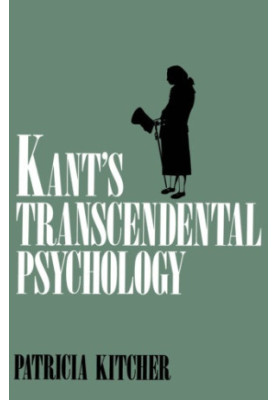Kant's Transcendental Psychology
 Instant download
Instant download
after payment (24/7)
 Wide range of formats
Wide range of formats
(for all gadgets)
 Full book
Full book
(including for Apple and Android)
For the last 100 years historians have denigrated the psychology of the Critique of Pure Reason. In opposition, Patricia Kitcher argues that we can only understand the deduction of the categories in terms of Kant's attempt to fathom the psychological prerequisites of thought, and that thisinvestigation illuminates thinking itself. Kant tried to understand the "task environment" of knowledge and thought: Given the data we acquire and the scientific generalizations we make, what basic cognitive capacities are necessary to perform these feats? What do these capacities imply about theinevitable structure of our knowledge? Kitcher specifically considers Kant's claims about the unity of the thinking self; the spatial forms of human perceptions; the relations among mental states necessary for them to have content; the relations between perceptions and judgment; the malleabilityessential to empirical concepts; the structure of empirical concepts required for inductive inference; and the limits of philosophical insight into psychological processes.
LF/735521/R
Data sheet
- Name of the Author
- Immanuel
Kant
Kitcher
Patricia - Language
- English
- ISBN
- 9780198022596
- Release date
- 1994
























